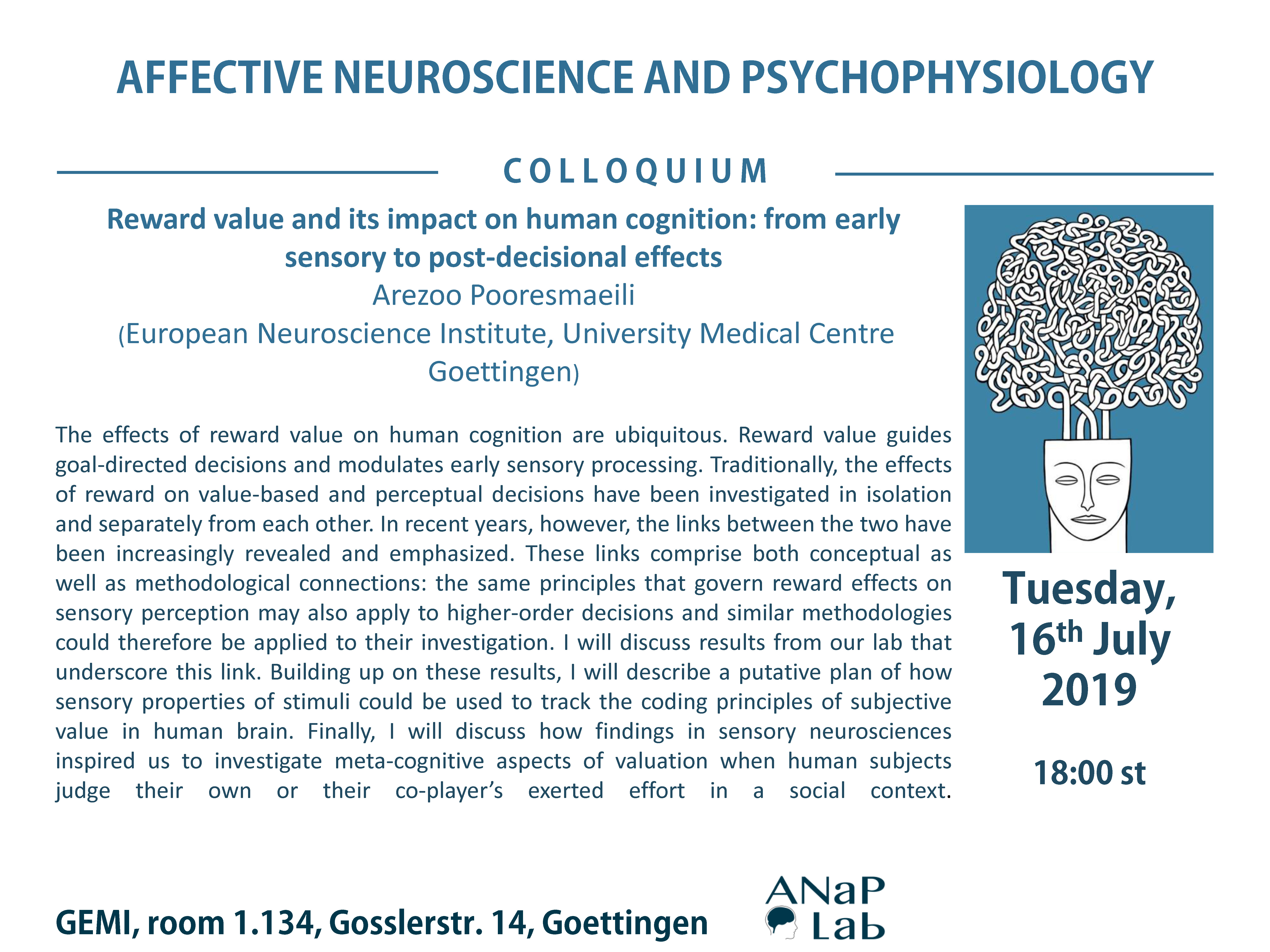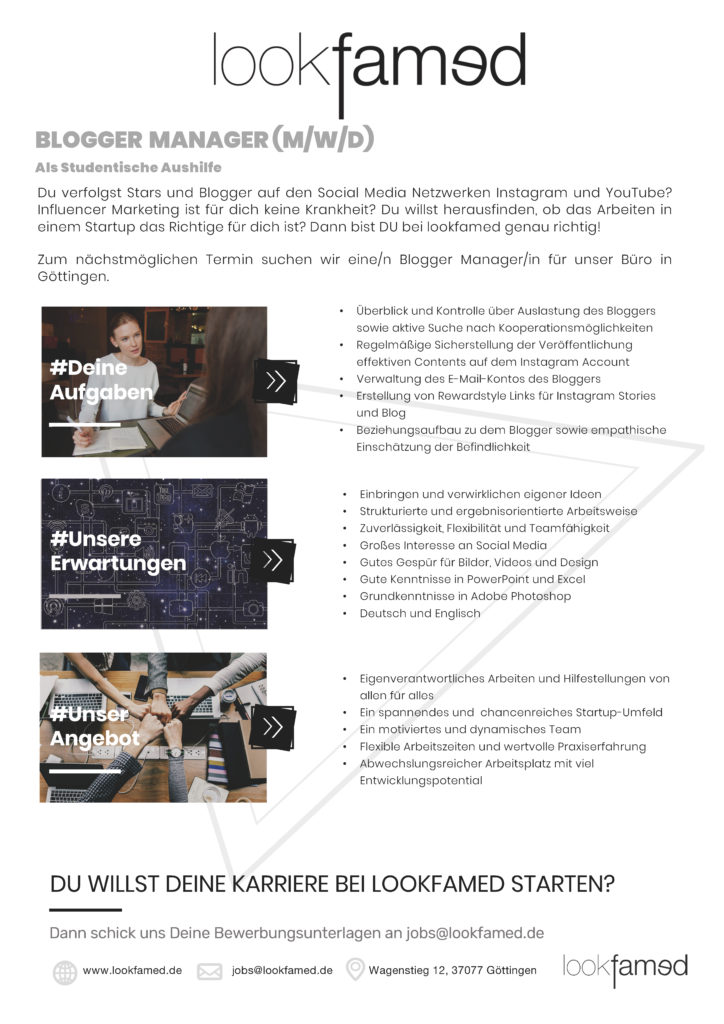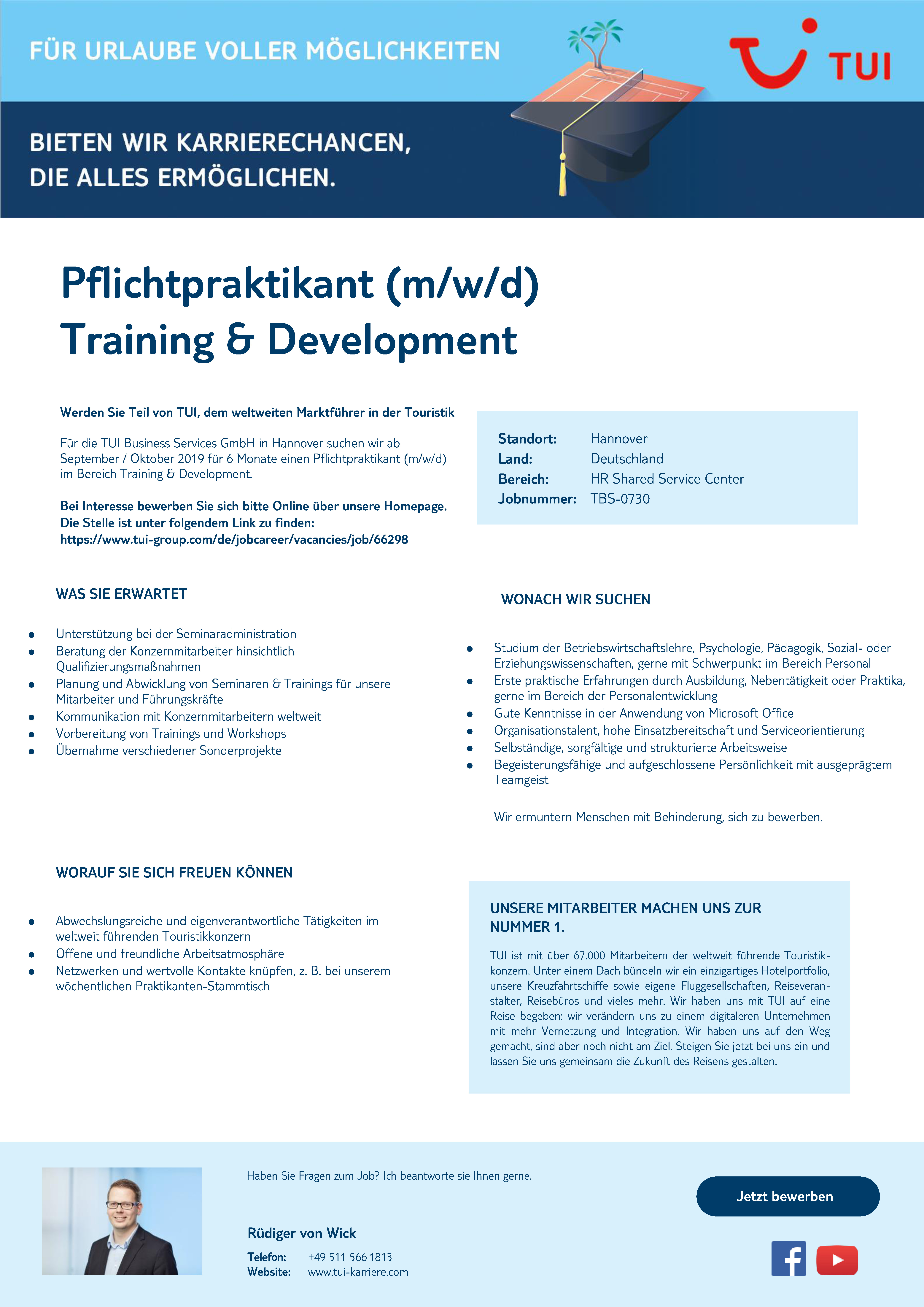
Monat: Juli 2019
Einladung zum Kolloquium – fällt aus
Dear All,
Unfortunately today’s colloquium with Dr. Benjamin Schöne needs to be cancelled due to health reasons. Apologies for the short notice.
Best wishes,
Louisa Kulke
—————————————————–
Dear colleagues,
Please note that there has been a change to the time of next week’s colloquium. The ANaP lab would like to invite you to a talk by Dr. Benjamin Schöne (Experimental Psychology, University of Osnabrück) on the 9th of July at 4.30 pm (room 1.136 at the GEMI). In his talk he will speak about “Experiences in virtual reality: A new tool for psychological research” (please find the abstract below).
We look forward to seeing you at our colloquium.
Best wishes,
Louisa Kulke
Abstract. VR-based paradigms could substantially increase the ecological validity of psychological research as VR allows submerging into real-life experiences under controlled laboratory conditions. In a series of behavioral as well as electrophysiological experiments we investigated to which degree virtual experiences differ from those obtained under conventional laboratory experiences with respect to attentional, mnemonic and emotional processes. Furthermore, we were interested in whether virtual reality sufficiently resembles real-life experiences allowing for a better approximation of real-life cognitive and emotional processes within the laboratory.
Our studies show that common concept such as sustained inattentional blindness might not be fully applicable to real-world conditions. Also, emotional processes, as indexed by frontal alpha asymmetries and heart rate, indicate a higher and sometimes inverse salience of virtual experience as opposed to their 2D/laboratory counterpart. Most interestingly, on an electrophysiological level memory retrieval of virtual experiences is indistinguishable from the retrieval of real-life experiences. Both, in turn, differ significantly from laboratory experiences. In summary, our results suggest a categorical disparity between real-life and laboratory conditions, which could be bridged by virtual reality as a new tool for psychological research.
Graduiertenfeier
Hallo liebe Studis,
am 08.11.2019 findet die Graduiertenfeier für Bachelor- und Masterabsolvierende statt. Teilnehmen können alle, die im SS 19 oder im WS 19/20 ihren Abschluss machen.
Es ist also nicht schlimm, wenn ihr zu dem Datum noch nicht fertig seid.
Bitte tragt Euch bis zum 15.09. unter folgendem Link in dem Formular ein. So können wir alles entspannt planen.
Wir suchen jeweils eine*n Redner*in für die Bachlor und die Master Veranstaltung. Wenn ihr Interesse habt, tragt es auch in dem Formular ein. Das gleiche gilt für musikalische Beiträge.
Wir freuen uns auf eine schöne Feier mit euch,
eure Fachgruppe
Einladung zum Vortrag
Liebe Studierende, liebe Kolleginnen und Kollegen,
am Donnerstag, 11.07. freut sich die Abteilung für Biologische Persönlichkeitspsychologie zusammen mit der Goettingen Open Source & Science Initiative of Psychology (GOSSIP) Prof. Lorne Campbell am GEMI begrüßen zu dürfen.
Lorne Campbell ist Sozialpsychologe und Beziehungsforscher an der University of Western Ontario in Kanada und seit mehreren Jahren stark in der Open Science-Bewegung aktiv. In seinem Vortrag wird er Einblicke darin geben, wie sich Praktiken offener Wissenschaft gerade auch im Rahmen von komplexeren – z.B. längsschnittlichen oder multimethodalen – Projekten verwirklichen lassen.
Der Vortrag mit dem Titel „Open Science Practices for Complex Projects” wird in der Zeit von 14:15 bis 15:45 Uhr in Raum 1.140 stattfinden. Vortragssprache ist Englisch. Alle Interessierten sind herzlich willkommen.
Beste Grüße,
Tanja Gerlach

How to „Bachelorarbeit“
Die Folien zum heutigen Vortrag der Fachgruppe sind online:
Einladung zum Praxis-Vortrag
Liebe Studierende, liebe Mitarbeiter*innen,
am Donnerstag, 11.07., findet um 10:15 Uhr im Raum 1.140 (GEMI) ein Praxis-Vortrag über Eignungsdiagnostik statt.
Anna Bierbüsse gibt Einblicke in ihre Arbeit bei Hogrefe mit spezifischen Fokus auf die Eignungsdiagnostik mittels des Bochumer Inventars zur berufsbezogenen Persönlichkeitsbeschreibung und des Intelligenz-Struktur-Tests 2000-R. Zu diesem Vortrag möchten wir alle Interessierten herzlich einladen. Der Vortrag ist angegliedert in das Bachelormodul „Diagnostische Verfahren“, jedoch für alle Bachelor- und Masterstudierende offen. Auch Mitarbeiter*innen des Instituts sind gern gesehene Gäste.
Wir freuen uns über zahlreiches Kommen,
Julie Driebe und Christoph von Borell
Studienbüro und Prüfungsamt: Urlaub
 Urlaub Studienbüro: 20.07. bis 11.08.2019
Urlaub Studienbüro: 20.07. bis 11.08.2019
Urlaub Prüfungsamt:
Herr Kuschel: 26.07. bis 12.08.2019
Frau Deutinger: 19.08. bis 02.09.2019
Urlaub Prof. Heineke: 25.07. – 16.08.2019
Einladung zum Kolloquium
Dear colleagues,
The ANaP lab would like to invite you to a talk by Dr. Benjamin Schöne (Experimental Psychology, University of Osnabrück) on the 9th of July at 6 pm (room 1.134 at the GEMI). In his talk he will speak about “Experiences in virtual reality: A new tool for psychological research” (please find the abstract below).
We look forward to seeing you at our colloquium.
Best wishes,
Louisa Kulke
Abstract. VR-based paradigms could substantially increase the ecological validity of psychological research as VR allows submerging into real-life experiences under controlled laboratory conditions. In a series of behavioral as well as electrophysiological experiments we investigated to which degree virtual experiences differ from those obtained under conventional laboratory experiences with respect to attentional, mnemonic and emotional processes. Furthermore, we were interested in whether virtual reality sufficiently resembles real-life experiences allowing for a better approximation of real-life cognitive and emotional processes within the laboratory.
Our studies show that common concept such as sustained inattentional blindness might not be fully applicable to real-world conditions. Also, emotional processes, as indexed by frontal alpha asymmetries and heart rate, indicate a higher and sometimes inverse salience of virtual experience as opposed to their 2D/laboratory counterpart. Most interestingly, on an electrophysiological level memory retrieval of virtual experiences is indistinguishable from the retrieval of real-life experiences. Both, in turn, differ significantly from laboratory experiences. In summary, our results suggest a categorical disparity between real-life and laboratory conditions, which could be bridged by virtual reality as a new tool for psychological research.
Blogger ManagerIn gesucht

PraktikantIn gesucht
